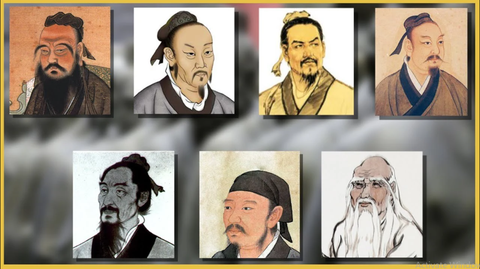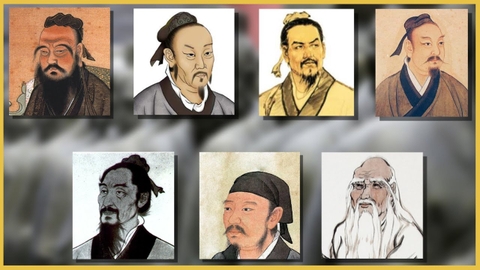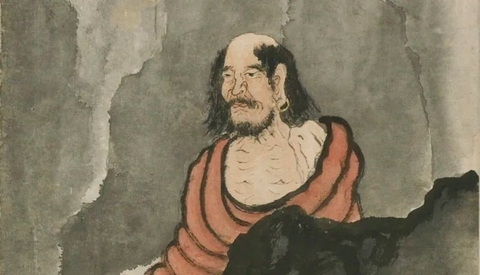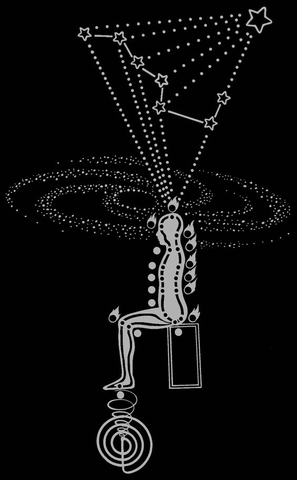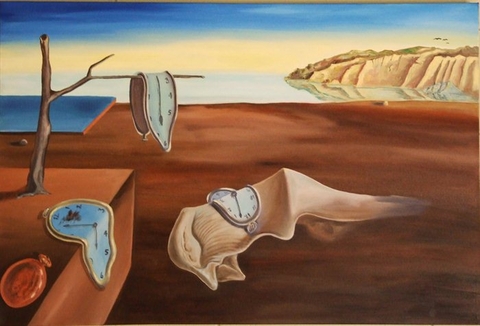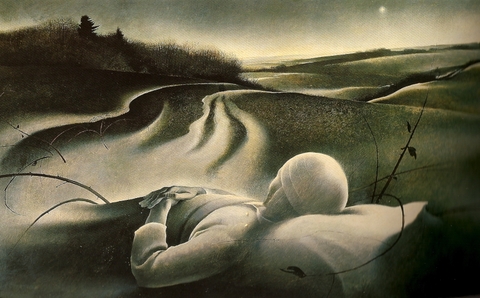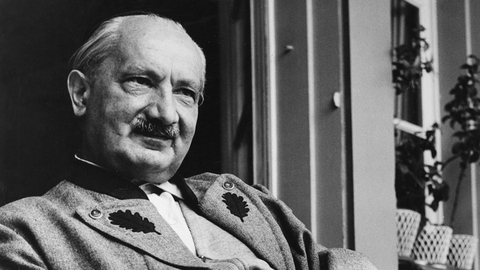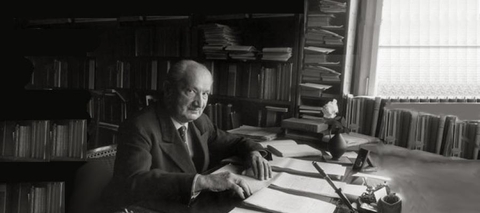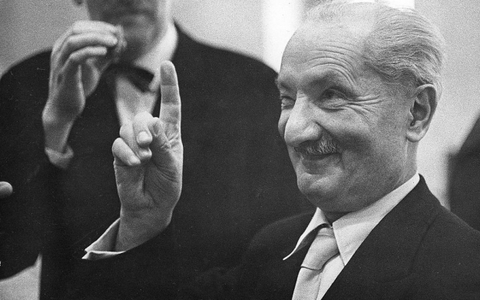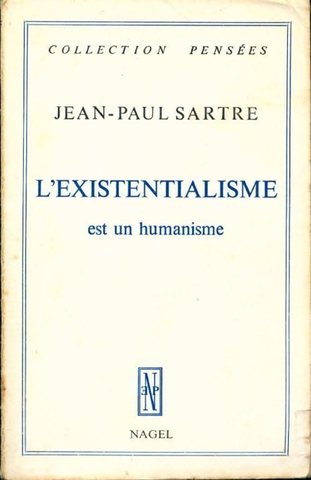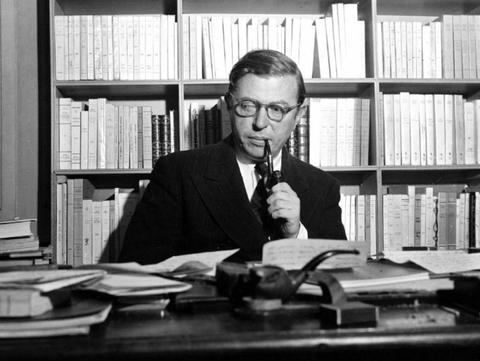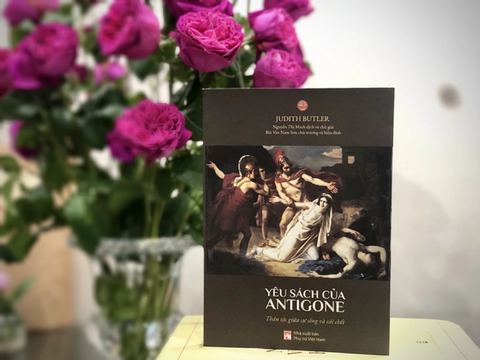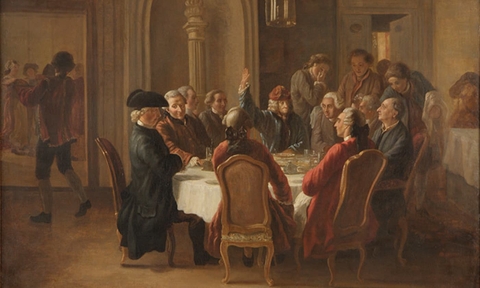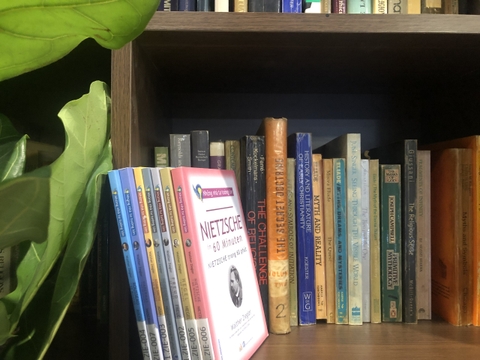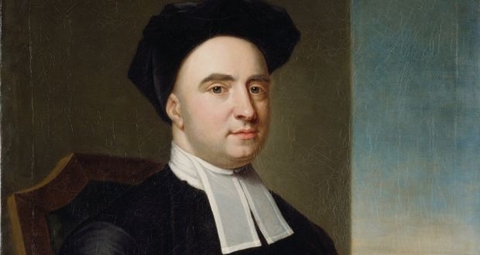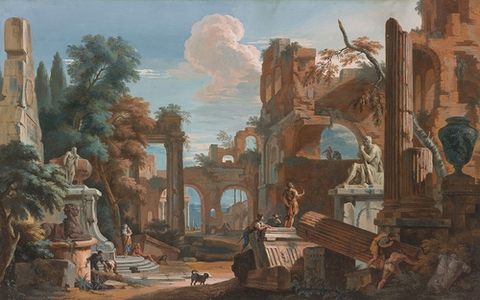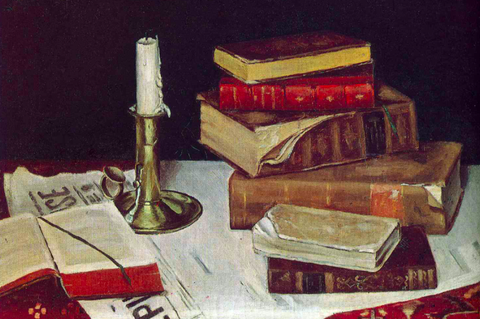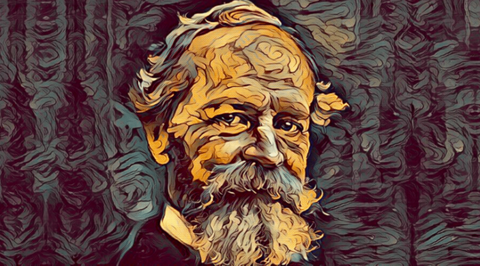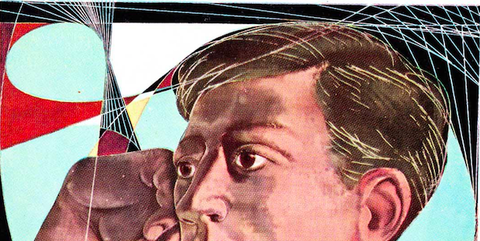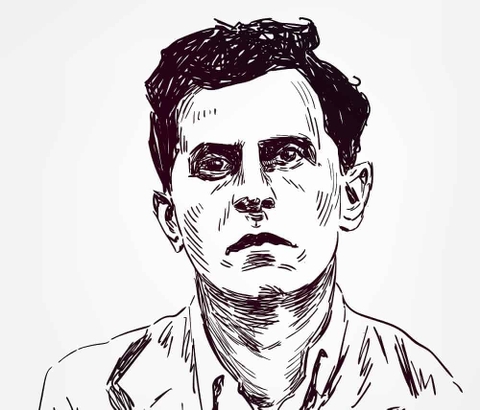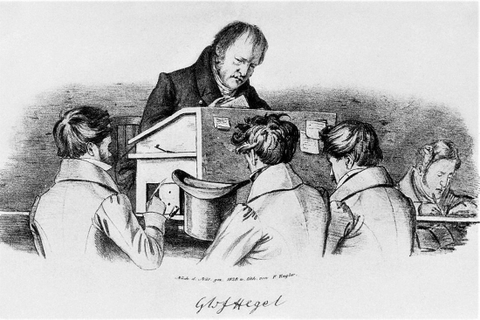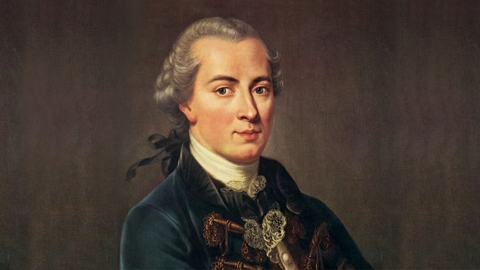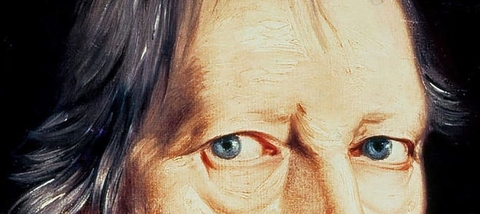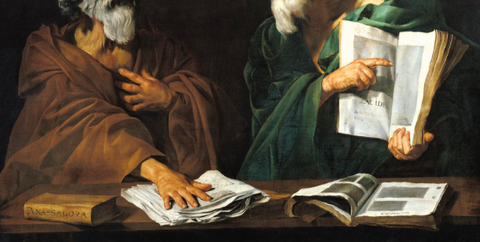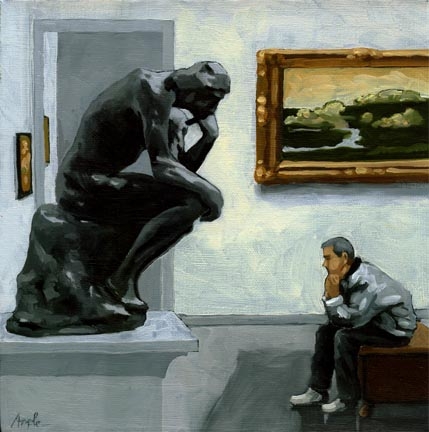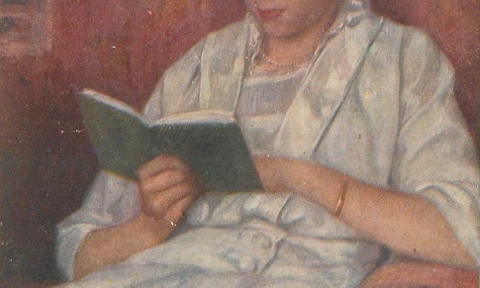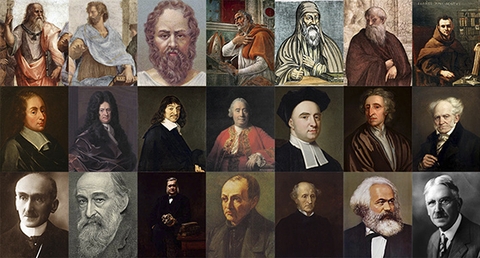René Descartes (1596-1650) is a great French mathematician, scientist, and philosopher. According to the Britannica Encyclopedia, he is regarded as "the founder of modern philosophy" for three following reasons: firstly, he was one of the first to reject Scholastic Aristotelianism; secondly, he established the first modern version of body-mind dualism, from which given rise to the problems of body-mind, and thirdly, he advocated the development of science based on observation and experimentation.
Discourse on the Method, its full name, Discourse on the Method of Rightly Conducting One's Reason and of Seeking Truth in the Sciences, is one of the most influential works in modern philosophy history. Interestingly, while most scholarly people at that time wrote in Latin, Descartes wrote this in French, which was thought to be cheap, unintelligent and unable to express academic problems. Because he wanted it to be comprehensible to anyone who has a common sense, as his witty way of speaking about the book “of which I wanted even women to understand something”.
 |
 |
 |
|
Title page of Discourse on the Method by Descartes, first edition, 1637 |
Vietnamese translation by Trần Thái Đỉnh with the title Phương Pháp luận |
Vietnamese translation by Nguyễn Văn Châu và Cao Văn Luận with the title Phương Pháp luận |
This work is divided into 6 parts: 1) Various scientific considerations; 2) Principal rules of the Method; 3) Morals and Maxims of conducting the Method; 4) Proof of God and the Soul; 5) Physics, the heart, and the soul of man and animals; 6) Prerequisites for advancing the investigation of Nature.
Through autobiographical form, Descartes recounted the process of his studies in the Jesuit college at La Flèche. In addition to studying literature, theology, philosophy, science, he also sought to read all kinds of books, including banned books in libraries. As a result of devoting his youth to learning, Descartes "found himself involved in so many doubts and errors". He commented on the subjects as follow: most subjects are not built on a solid theoretical basis except for mathematics, but despite their strong and solid foundations, they are not very helpful for the development of science.
On the basis of this remark, Descartes reflected on the scientific knowledge building process on the basis of observation that any building, city or nation designed or produced by a single hand, such as architect, administrator or lawyer, is more beautiful and better than what is done spontaneously. In order to get to new insights, we need to get rid of all the insights that we already have in mind, establish a new method of thinking, and from which rebuild the foundation of sciences. He laid out four rules: first, never take anything as true as we haven’t known; second, to solve difficult problems, divide them into as many parts as possible; third, thinking must be sequential, from simplicity gradually progress to complexity; and we need to assume that everything has its order; and finally, inventory what we have done to make sure of not missing anything.
Like rebuilding a house, while demolishing an old house and waiting for a new house, we need a temporary house. The work of rebuilding thought also needs a "temporary house," which Descartes must followed when applying the method. There are three maxims: one, follow the laws and customs of countries in a harmonious manner, avoiding all extremes; two, be deeply consistent and determined actions; and three, try to do the best of all in our power and capabilities.
With these four rules and three maxims, Descartes strived to find a truly solid new foundation for science and philosophy. That truly solid foundation means something we can't doubt anymore. He conducted this work with an experiment of thought. He tried to be skeptical of everything in the world, including his own existence, from which he then found out that one thing he couldn't be skeptical about was the fact that he was doubting. This doubting act itself is an act of thought, the Cogito. So the only true and solid basis for philosophical and scientific knowledge is Cogito or "I think." This is exactly Descartes' great discovery in this book.
In the fifth part of the book, Descartes summarized the opinions that had been expressed in other works on the laws and physical phenomena of nature, and emphasized the difference between humans and animals that humans have souls and animals do not. Animals are just automatic machines, and animal activities are just the mechanical operation of organs that are organized in some way.
Descartes spent the last part of the book talking about his worries about the foreground of science in the situation where the relationship between scientific truths and religious and political authority is strained.
The English and Vietnamese translations of this work are now available in Ex Libris Hermes. Please stop by to pick up.





